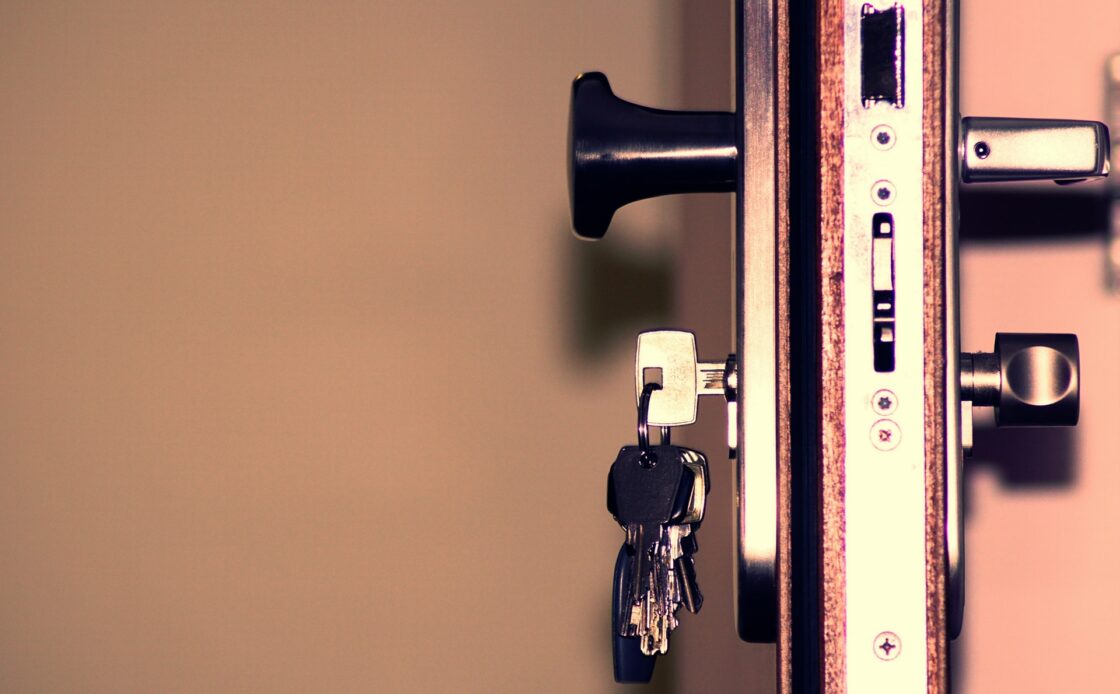Picture this. You just moved to a new city and you found your dream apartment. It checks off everything on your wish list, so you eagerly sign the lease, excited to make that first trip to IKEA to make the place feel like home. But before you sign off, you might want to take a look at your rights as a tenant first.
You may have heard of nightmare stories of people getting evicted without proper notice, or rents being raised by astronomical amounts.
Luckily, we had a chance to speak with Real Estate Broker Conrad Rygier of Right At Home Realty Inc. Brokerage on the important things you need to know when it comes to your rights as a tenant.
What are some of the basic rights as a tenant that we should know about?
As a tenant, you have basic rights that you should make note of. Landlords, for example, cannot require a tenant to move out if they wish to sell their property. Landlords also cannot evict a tenant to replace them with another tenant (unless that other tenant is a direct family member of the landlord).
Landlords, for example, cannot require a tenant to move out if they wish to sell their property
If a landlord wants to renovate a property that is currently occupied, they can ask (outside of the lease contract) for a tenant to move out. Once the renovations are done, the landlord is required to give that old tenant the first right to refusal.
When it comes to increasing rent, the landlord is allowed to raise it, but it must be within reason.
In certain provinces like Ontario, security/damage deposits are not permitted.
Tenants are not required to sign a lease renewal once their initial lease term has come to an end. They are assumed to go month-to-month after that. There are pros and cons to renewing the lease, but there is no requirement to do so.
What are some red flags we need to look for in a lease?
Take a look and make sure there is no ask for a security/damage deposit. These are not allowed at all. They may ask for key deposits which are allowed but be on the lookout for unnecessarily large deposit requirements. Key deposits have to be equal to actual replacement costs. Condo FOBs for example cost around $150 to replace, so a key deposit for a single set of around $200 is reasonable.
When it comes to rent increases, what should I know if my landlord decides to raise my rent?
Rent increases can only occur after an initial term has completed.
Rent increases can only occur after an initial term has completed. Most new rental contracts are for one year minimum terms, so there can be no rent increase in that first term. Landlords are required to provide 90 days notice in writing for any rent increases. Rent increases are controlled by what the government allows for that year (typically 1.5-2%). The deposit that the tenant provided initially (last month's rent) must be topped up to match the new increase.
What about maintenance? Is my landlord responsible for fixing anything broken in the home?
Yes, the landlord is responsible for repairs, unless the damage is caused by the tenant's willful negligence. Normal wear and tear is to be expected, but if there is plumbing, electrical, or heating issues then the landlord is responsible. If an appliance fails, and they are outside of the warranty, the tenant may be responsible for a portion of the repair cost.
Some leases include a clause that the first $50-$100 of any appliance repair is the tenant's responsibility. Anything above that is the landlords'. The reasoning behind this is twofold: 1) this is to encourage minor things to be addressed by the tenant (i.e. lightbulbs, furnace filters, fuses, etc). 2) the tenant's usage of the appliances may have led to the appliance failing.
What do I do if my landlord refuses to respond to my repair requests?
It is important that when this happens, they should have their real estate agent step in and provide some gentle pressure. If this fails, contact a real estate lawyer for legal advice.
What are grounds for eviction and what constitutes as an illegal eviction?
It is important to speak with a lawyer when it comes to matters like evictions. However, as a real estate agent, I can provide my understanding bearing in mind I have not specifically been directly involved in an eviction. If a tenant is delinquent in their rental payments, the landlord can take them to the Tribunal. The court then can compel the tenant to pay. If the tenant fails to pay then a legal eviction can be enforced. Additionally, if the tenant is in breach of their rental contract, then that may also be grounds to be evicted. Lastly, if a tenant is renting in a condo, and the condo board has deemed that the tenant is in breach of their condo rules and regulations, then the condo may require a tenant to be evicted.
Again it is important to speak specifically with a lawyer about this, but an illegal eviction would be if a landlord wishes to replace a current tenant with another tenant (who is not a family member) or if a landlord evicts a tenant because the landlord wants to sell the property. Another example may be that a landlord tries to raise the rent above the allowed amount and scares the tenant to pay or move out.
 Conrad Rygier is a full-time Real Estate Broker assisting Buyers, Sellers and Renters with their real estate needs since 2008. You can find more info on him at hireconrad.com
Conrad Rygier is a full-time Real Estate Broker assisting Buyers, Sellers and Renters with their real estate needs since 2008. You can find more info on him at hireconrad.com

